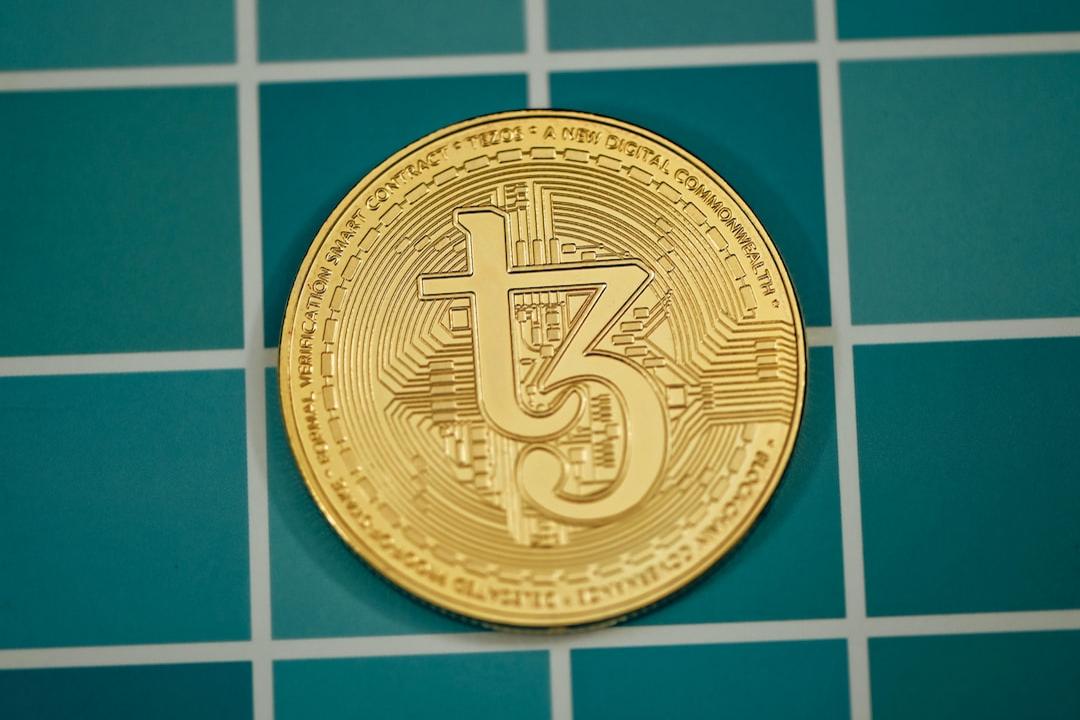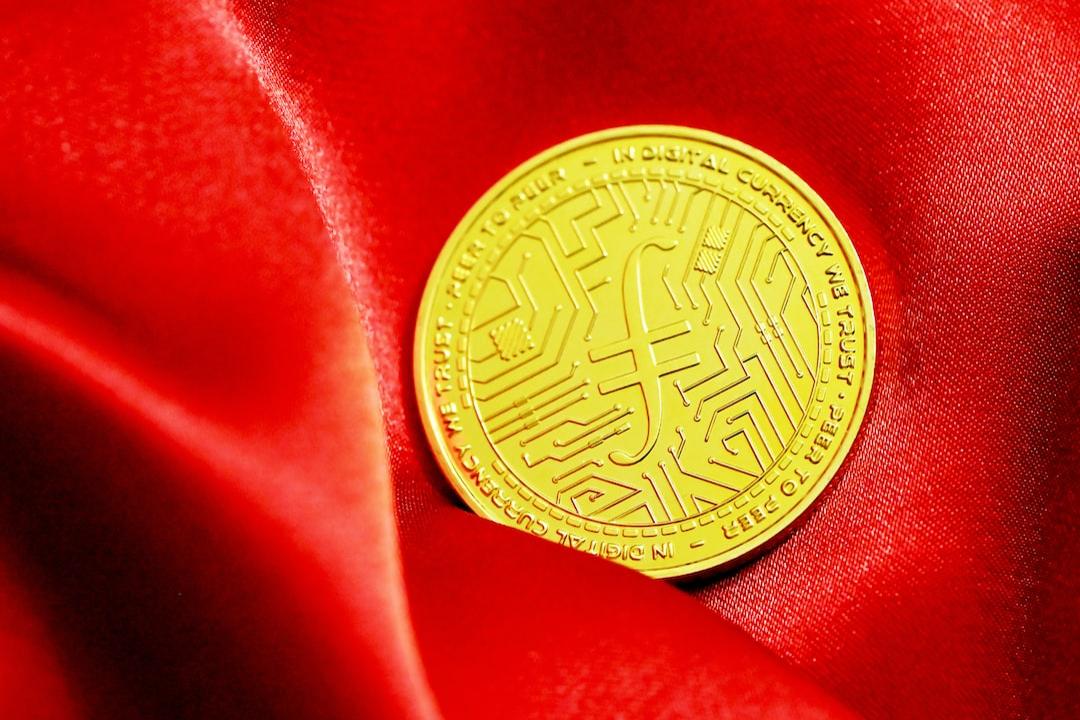Host: Mariana Van Zeller
Source: National Geographic
Original Title: Crypto Scams (Full Episode) | Trafficked with Mariana Van Zeller | Nat Geo
Broadcast Date: March 3, 2025
Shadows of Dubai: Confessions of a Scam Operator
In a luxurious villa on Palm Island, Dubai, a mysterious figure sat for an interview. This villa rents for up to $15,000 a week, with sunlight streaming through the floor-to-ceiling windows onto the $250,000 worth of jewelry he wore, glimmering brightly. He nonchalantly remarked, “This is a legitimate form of theft.” There was a disturbing hint of pride in his tone.
This self-proclaimed “Mr. X,” a cryptocurrency scam operator, calmly described how he could devise a scheme capable of swindling tens of millions of dollars in just 15 minutes, as if discussing a mundane topic.
Through this exclusive interview, National Geographic’s Trafficked host Mariana Van Zeller revealed a little-known aspect of the crypto world—those scams that siphon billions from ordinary investors each year.
The program offers a panoramic view of the harsh realities behind an almost unregulated digital wealth era, from the scam designers to the financially ruined victims, and the FBI agents dedicated to combating such crimes.
Highlights from the Interview
Mr. X (Scam Operator)
This is a legitimate way to steal. This is a legal way to make money.
A successful marketing campaign, promoted by multiple KOLs, can easily yield around $69 million.
In Dubai, we know privileged individuals
This is my promoter (Shiller), who has hundreds of thousands of followers and connections to celebrities. If recognized, it would end our way of life.
Mariana: What is your way of life like?
Mr. X: Luxurious. We rent six villas in Dubai, each costing $15,000 per week. Our team of 20 travels together. The jewelry I wear regularly is worth over $250,000. We drive luxury cars worth hundreds of thousands of dollars and live in the most expensive area on Palm Island. Here in Dubai, we know privileged people who can help us avoid trouble. There are no lawsuits here, and we can escape from many things.
Mariana: Do you feel guilty about those who have lost everything? We’ve heard that some have committed suicide due to such scams.
Mr. X: That’s weak-minded. Don’t invest money you can’t afford to lose, understand? Who would do that? If you’re going to put your life savings into a token without bothering to do a 5-minute Google search, I think they are the dumbest people on earth.
Mariana: Aren’t you worried about getting caught?
Mr. X: How could we get caught? Who would catch us? The crypto police? No one is going to help those investors. We aren’t worried about the law catching up; it’s simply not possible. It’s almost impossible to detect where we are or to track us.
Mariana: Where do you spend your money?
Mr. X: Investments, bank accounts, family accounts, legal businesses, shoes, clothes, designer brands, jewelry. I feel great; this is the feeling of freedom.

Story of a Victim Turned Volunteer Police Officer
Robert (a victim of a cryptocurrency scam turned volunteer police officer): A few years ago, I was diagnosed with cancer, which gave me more time to slow down and focus on life and investments. One day, my son came to me and said, “Hey, Dad, check out cryptocurrency.” I started researching and invested some money, getting decent returns.
One day, I participated in a token launch. It was postponed several times, and the developers were young and not fully disclosed. On the launch day, the developers sold all their holdings, which looked like a huge “Rug Pull.” When the dust settled, I was left with just $86. It’s hard to describe that feeling; emotionally, it was devastating. Knowing others were going through the same, I decided I had to take action, and it had to start with me.
Now we offer bounties to encourage people to report suspicious activities. In the last 30 days, we have paid out about $17,500 in rewards. This money comes from our own tokens to fund our mission. We may have saved thousands of people from millions of dollars in losses. But it’s not easy; we have even received death threats.
Mariana: How do you discover scams?
Robert: We monitor newly released tokens for signs of suspicious activity. For example, when you see a token drop 85% in 24 hours but only 3% in the last hour, it usually indicates that someone is dumping a large amount. We enter their online discussions and “AMA” sessions to ask direct questions.
When a project’s developer becomes defensive when questioned or directly removes the questioner from the chat room, it’s almost certainly a sign of a scam. A legitimate project would go to great lengths to prove to investors that their funds are safe rather than evade questions. We once received a request from an investor who had invested in a project we confirmed was a scam, and we helped him avoid a larger loss.

Law Enforcement’s Perspective
FBI Representative: The FBI has seen many cryptocurrency scams. We often hear that there are many gray areas and undefined territories in cryptocurrency, claiming it’s not money, so currency rules don’t apply. But when a person invests based on specific promises that are not fulfilled, that is fraud. Fraud is fraud.
We often find that new technologies are initially adopted by predatory individuals. Over the past year, we have seen exponential growth in cryptocurrency-related fraud. Perpetrators of “Rug Pull” scams must have internal justifications for their actions. They might think victims should be more cautious or believe that the technology works this way, and that it’s the victims’ problem for not understanding.
The same argument could be made: “Because I can enter your house, I can rob you.” They are trying to cheat others out of hard-earned money through criminal enterprises. We will ensure that these actors face legal consequences.
FBI Representative: People often say that the FBI always catches its targets, whether today or tomorrow. Therefore, those seeking to harm our system should remain vigilant, as we are watching.

Future Trends and Warnings
Mariana: In mid-2022, cryptocurrency lost over $2 trillion from its previous high, a phenomenon known as the “crypto winter.” Predictably, investors became cautious, making “pump and dump” scams harder to execute.
However, as the market cyclically recovers, scammers are likely to return. As Mr. X said, people are still investing in new tokens, and scammers will continue to steal their money, continue to defraud, and continue to lavishly spend this ill-gotten wealth on gold and diamonds.
Xavier’s advice: Before investing in anything, you need to do thorough research.
Mr. X’s advice: Don’t invest money you can’t afford to lose.
Key Insights
- The allure of cryptocurrency scams lies in the promise of quick wealth, attracting investors who do not understand the complexities of the field (“I missed out on Google. I missed out on Apple. So I didn’t want to miss out on this.”)
- Social media and celebrity endorsements play a key role in disseminating fraudulent projects, including Kim Kardashian, who was fined nearly $1.3 million for failing to disclose promotional fees.
- Scammers are often tech-savvy young individuals who disregard the ethical implications of their actions.
- The “Wild West” nature of decentralized finance makes tracking and regulating scams particularly difficult.
- Even in market downturns, scammers can still find victims, proving humanity’s ongoing greed and desire for quick riches.
- Regardless of how the cryptocurrency market develops, one clear fact remains: without sufficient understanding and careful investment, investors will continue to face significant risks. As emphasized repeatedly in the program: “Do your research” and “Don’t invest what you can’t lose.”
This article is a collaborative reprint from: Deep Tide

